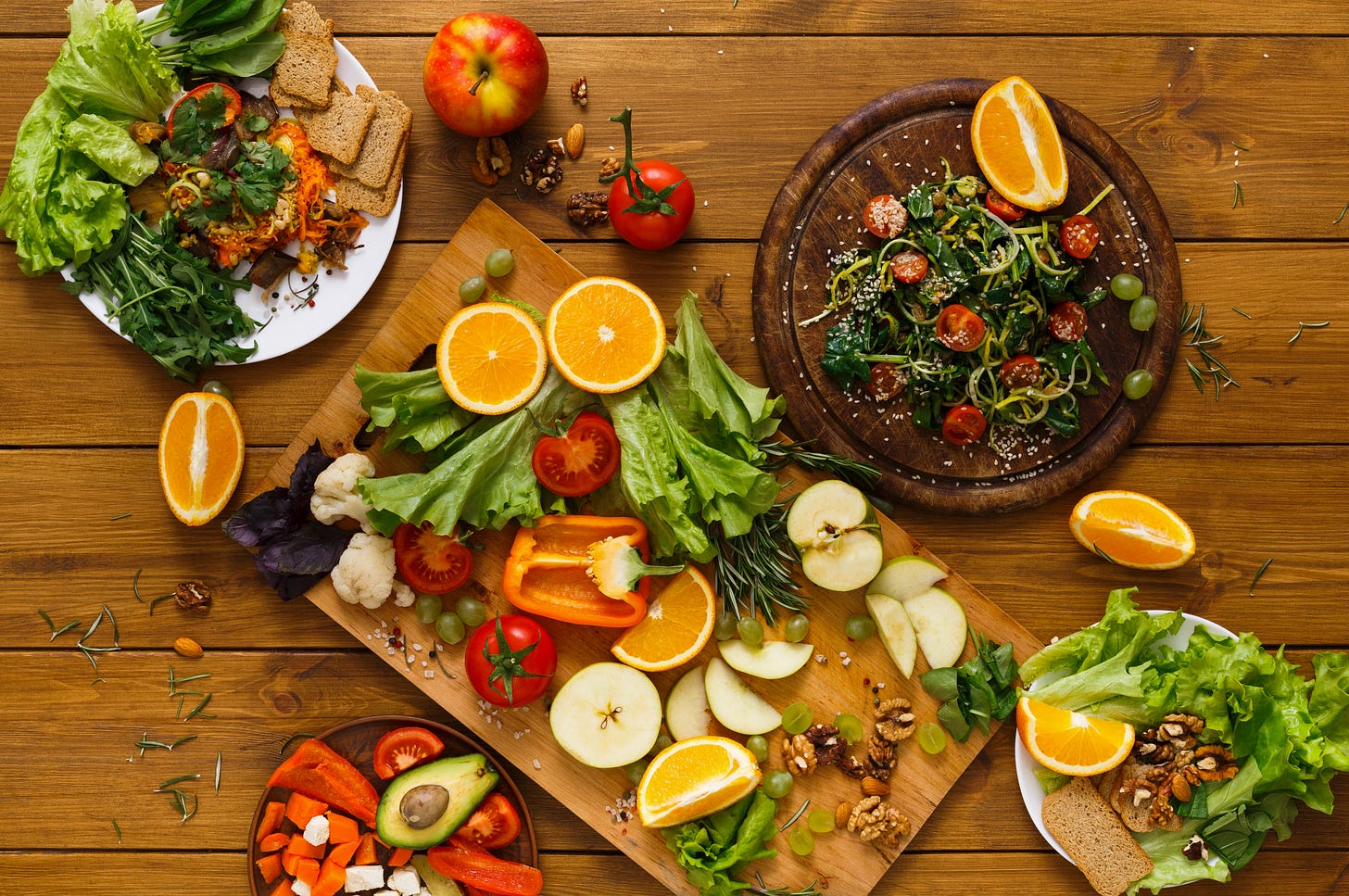The Most Common Mistake About Life #020
The ancient Greek philosopher Epicurus writes:
"The magnitude of pleasure reaches its limit in the removal of all pain. When pleasure is present, so long as it is uninterrupted, there is no pain either of body or of mind or of both together."
Now, this can be a little misleading, and this is something we often misunderstand in our modern conception of pain and pleasure, or happiness and unhappiness. Epicurus has a very special way of seeing this. Listen to the first sentence again: "The magnitude of pleasure reaches its limit in the removal of all pain."
For Epicurus, it is not a case that there is some positive pleasure that makes us feel good. Like, for example, when I have a cup of coffee and I say, without the coffee, I am in a kind of state of pain because I don't have the coffee, and now I get the coffee, and then I have pleasure. This is wrong for Epicurus.
He thinks that the maximum of pleasure is the removal of pain. So, there's no neutral state between pain and pleasure, but what we would normally think of as a neutral state is already the maximum pleasure. So for Epicurus, there's only pain or full pleasure, and the full pleasure is when the pain is not there.
For example, when we are hungry, we have the pain of hunger. We want to eat something; our belly is painful. Pain, for Epicurus, just means discomfort—it doesn't need to be an actual pain. But we feel discomforted, we feel painful because we want to eat something. But now we are eating something, and as a result, our pain is gone.
After I've eaten something, I'm not thinking anymore about my belly. I am free of that feeling, filling my belly, and removing this pain brings me into a state where I have access to the maximum of pleasure. And this thought is actually freeing for us because often we chase happiness or pleasures. We chase a better car, a bigger house, a more tasty meal. But according to Epicurus, this is mistaken.
We don’t need to chase these things because instead of wanting to have some very expensive salmon or caviar or whatever other expensive food, I could just eat bread. When the hunger is removed, the bread is as good as the steak. And if you think about it, this is true. An expensive meal has some bragging quality; I can have others admire me because I'm able to afford this.
But in terms of enjoyment, the steak will perhaps give me a little bit more enjoyment the moment I'm chewing it as opposed to a piece of bread, but this will be over after a few minutes. How long does it take to chew your way through a steak? After the act of chewing is done, which is a few minutes, you're done with the steak, and what remains is just a feeling of not being hungry. And this is the same feeling that the person had who ate the bread.
So, this frees us now because it removes the necessity to always chase after more and more material things. If we realize this, Epicurus says, we become free because now we know that we never need to chase after anything else again. We can just be happy with what we have, and nothing else is needed.
So perhaps today, when you go out and you think of what you want to buy or what you will eat, you can make this experiment just for a day. Try to find the simplest way to satisfy your hunger, your thirst, and whatever other pains you feel that need to be addressed. But if you find the cheapest and easiest way to satisfy them with the least trouble, you will see that after a while you will not even feel any different. You will not think that you missed anything because the feeling will be the same.
And you have saved money, you have saved time, you have saved effort, which now you can put to good use to create something that actually makes you happy in the long term. For example, you could buy some colors and start painting, you could write a poem, you could learn some craft, you could do whatever you want that makes you happy more than just consuming something that was expensive but actually did not bring you any benefit.
Thank you, and see you next time. Bye-bye.


